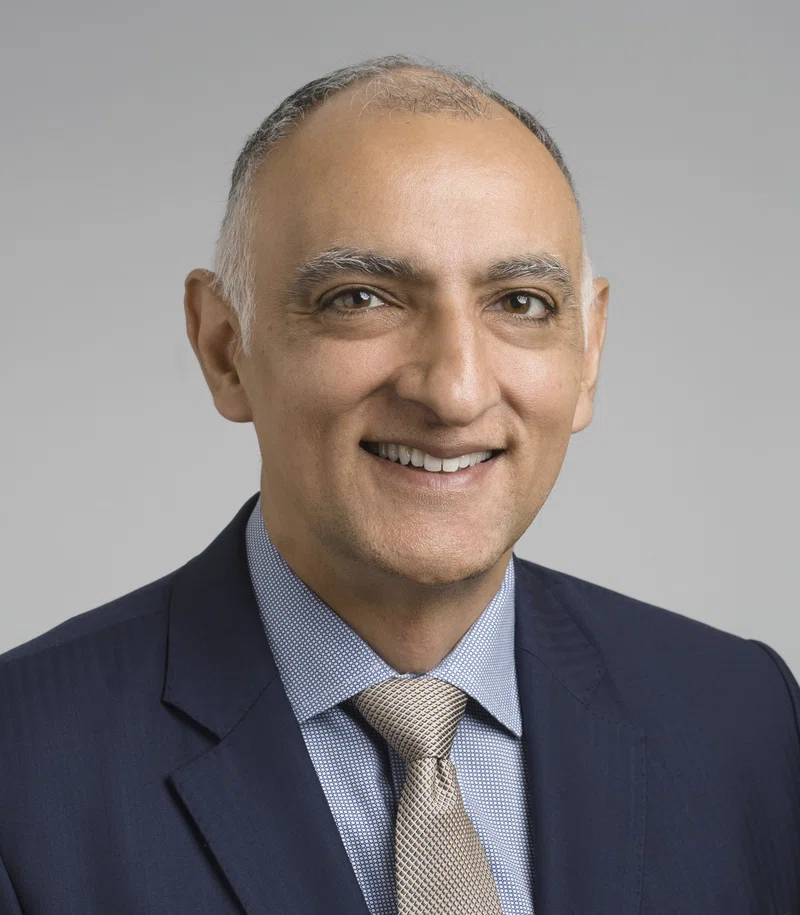Published in London & New York
10 Queen Street Place, London
1345 Avenue of the Americas, New York
Creditflux is an
company
© Creditflux Ltd 2024. All rights reserved. Available by subscription only.


News
Monroe adapts and grows with new partner to face private credit ‘arms race’
by Lisa Fu
Even as it celebrates its 20th anniversary, Monroe Capital is looking ahead to a private credit ‘arms race’ on the horizon that favours institutions of scale. To fortify its future the business is adapting its process, adding a formal succession plan and, most recently, an outside investor to fuel growth.
“The firm is founder owned,” said Zia Uddin, president at Monroe. “There has to be a transition at some point. In my mind, the industry is in an arms race to maintain relevance with borrowers and investors.”
Uddin, who joined Monroe in 2007 and was named president in 2021, has been positioned to succeed founder and CEO Ted Koenig. He views his job as looking back on what founders Koenig, Michael Egan, Tom Aronson — all in their early 60s — have built and start planning for the next 50 years. Monroe has already lined up approximately USD 20bn in assets under management, but the plan includes scaling the manager even further.
A few years ago, Monroe started formalising a succession plan and made sure every position had a deputy or a successor. Koening had coached Uddin for years at that point, and there was no formal internal race or surprise around the eventual appointment.


You have to have the policies and procedures to scale appropriately
Zia Uddin
President
Monroe Capital
“[Ted] has embraced the concept that it’s got to be institutional,” Uddin said. “When we were at USD 4–5bn, a firm requires a different organisational structure and reporting lines. When you’re at USD 20bn, you need to have the policies and procedures to scale appropriately. Once Ted decides to do something else or be less active, then it’s pretty clear who’s next.”
The scale portion of the plan was addressed last month when Monroe welcomed European private equity firm Wendel as an investor. Monroe sought a partner that would bring growth capital and aid in investment product distribution, while preserving the firm’s independence.
“You look at the top 10 private credit managers and they collect about 50% of the fundraising,” Uddin said. “Scale matters.”
Wendel agreed to take a 75% stake in Monroe and is pledging around USD 1bn between GP commitments and seed capital, according to Uddin. This agreement also created a mechanism so that when the firm’s senior leadership moves on, certain economics can go to the younger generation of leadership.
Having Wendel as a partner assisting with GP commitments and serving as an anchor investor or provider of seed capital for new strategies will be helpful in the arms race, said Uddin. As managers raise larger funds, GP commitment sizes follow. For a USD 3bn fund a manager needs to raise USD 30m just to meet a 1% GP commitment.
Though integration is not uncommon with asset manager M&A, Monroe maintained its autonomy from Wendel. In some cases, being bought up and integrated into a bigger player may lead direct lenders to change the strategy that made the firm successful in the first place, Uddin said. Monroe wanted to stay in the mid-market and lower mid-market even as it launched new strategies.
The company is planning products that an LP cannot get anywhere else, rather than recreating “beta exposure” strategies offered by bigger players. Its specialty is dealing with inefficient markets, employing deep due diligence and hands-on investment monitoring.
“It’s not so much a deal flow issue for us,” Uddin said. “We built the engine for the origination and underwriting side. There are over 200,000 companies in the middle market. There are thousands of deals that are worthy of investment. We are constrained by capital formation and hiring exceptional talent.”
The investment manager also recognises the need to diversify its investor base over the long run to reduce risk, and believes there may be interesting synergies with Wendel being based in Europe. “We still think there’s significant growth left in the firm,” said Uddin.





